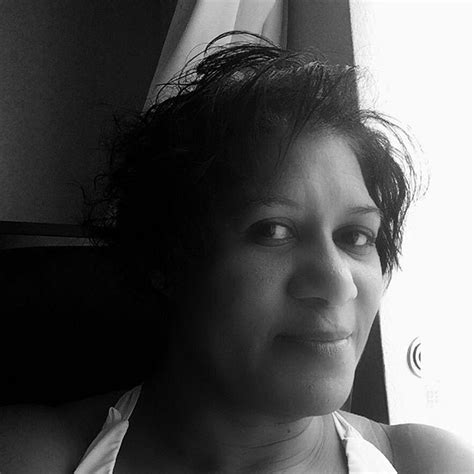A Quote by Simon Sinek
Rule books tell people what to do. Frameworks guide people how to act. Rule books insist on discipline. Frameworks allow for creativity.
Related Quotes
People do make considered choices about whether they want to fight, and how, and they do so from disparate circumstances. But I think there are two important frameworks in which those choices get made. One, their degree of immiseration. The greatest predictor of who will engage in criminal activity is poverty, which tells us that the decisions people make about how unlawful they're willing to be are decisively based in their own experience of immiseration. The second framework is that when people choose to act, they inevitably act where they are.
Nearly all literature, in one sense, is made up of guide-books. Old ones tell us the ways our fathers went, through the thoroughfares and courts of old; but how few of those former places can their posterity trace, amid avenues of modern erections; to how few is the old guide-book now a clew! Every age makes its own guide-books, and the old ones are used for waste paper.
Electronic books are ideal for people who value the information contained in them, or who have vision problems, or who like to read on the subway, or who do not want other people to see how they are amusing themselves, or who have storage and clutter issues, but they are useless for people who are engaged in an intense, lifelong love affair with books. Books that we can touch; books that we can smell; books that we can depend on.
10 Rules for Being Human: Rule #1 - You will receive a body. Rule #2 - You will be presented with lessons. Rule #3 - There are no mistakes, only lessons. Rule #4 - The lesson is repeated until learned. Rule #5 - Learning does not end. Rule #6 - "There" is no better than "here". Rule #7 - Others are only mirrors of you. Rule #8 - What you make of your life is up to you. Rule #9 - Your answers lie inside of you. Rule #10 - You will forget all this at birth.
Rule One. You must know the difference between an asset and a liability, and buy assets. If you want to be rich, this is all you need to know. It is Rule No. 1. It is the only rule. This may sound absurdly simple, but most people have no idea how profound this rule is. Most people struggle financially because they do not know the difference between an asset and a liability.
Solid scriptural theology should be valued in the church. Books in which Scripture is reverently regarded as the only rule of faith and practice-- books in which Christ and the Holy Ghost have their rightful office-- books in which justification, and sanctification, and regeneration, and faith, and grace, and holiness are clearly, distinctly, and accurately delineated and exhibited, these are the only books which do real good. Few things need reviving more than a taste for such books as these among readers.
I shall be so glad if you will tell me what to read. I have been looking into all the books in the library at Offendene, but there is nothing readable. The leaves all stick together and smell musty. I wish I could write books to amuse myself, as you can! How delightful it must be to write books after one's own taste instead of reading other people's! Home-made books must be so nice.
You can tell a book is real when your heart beats faster. Real books make you sweat. Cry, if no one is looking. Real books help you make sense of your crazy life. Real books tell it true, don't hold back and make you stronger. But most of all, real books give you hope. Because it's not always going to be like this and books-the good ones, the ones-show you how to make it better. Now.


































